A great summary of everything SpaceX 2021, along with everything SpaceX to come in 2022.
You can expect blowups along the way, but you can also expect to see the starship fly this year.
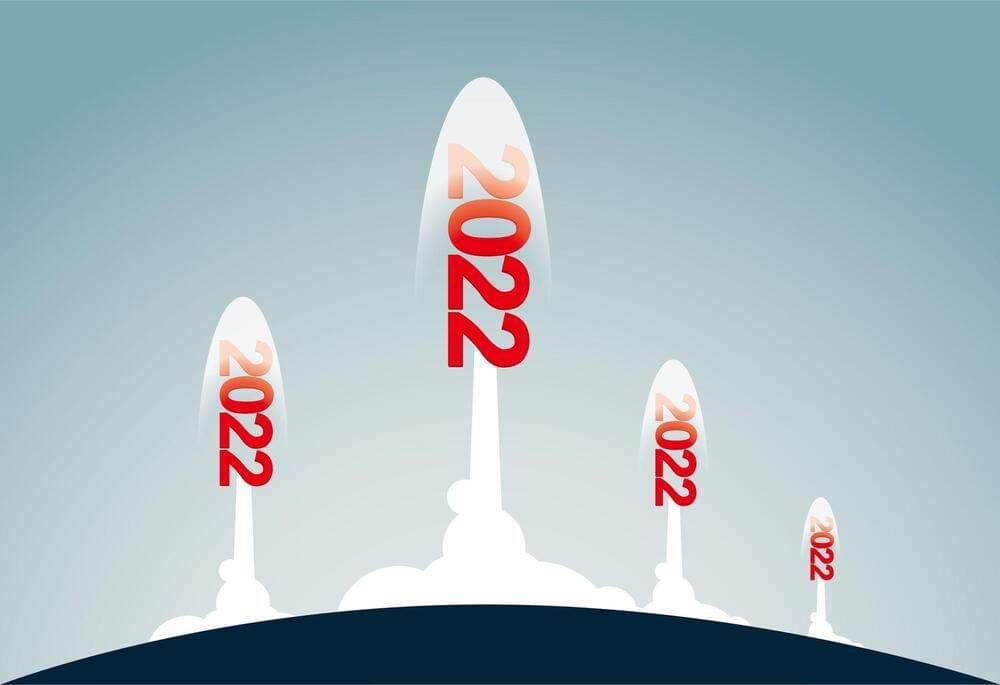


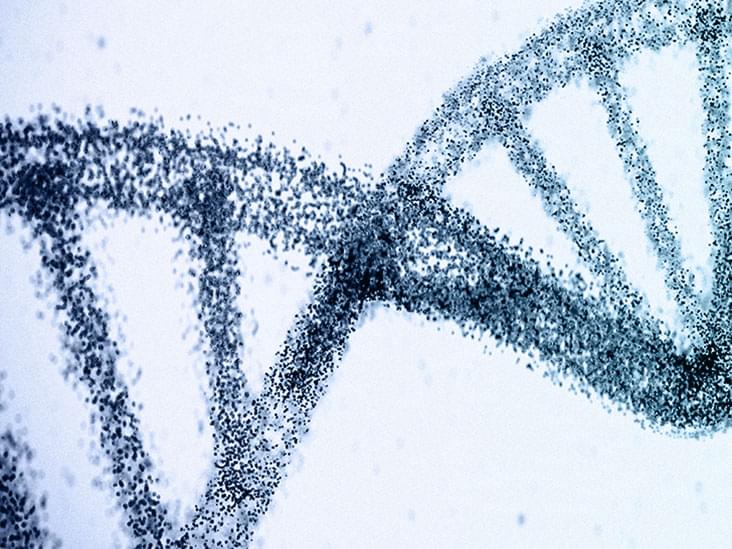
𝙀𝙫𝙤𝙡𝙪𝙩𝙞𝙤𝙣𝙖𝙧𝙮 𝙗𝙞𝙤𝙡𝙤𝙜𝙞𝙨𝙩𝙨 𝙝𝙖𝙫𝙚 𝙩𝙧𝙤𝙪𝙗𝙡𝙚 𝙚𝙭𝙥𝙡𝙖𝙞𝙣𝙞𝙣𝙜 𝙬𝙝𝙮 𝙨𝙘𝙝𝙞𝙯𝙤𝙥𝙝𝙧𝙚𝙣𝙞𝙖 𝙖𝙣𝙙 𝙗𝙞𝙥𝙤𝙡𝙖𝙧 𝙙𝙞𝙨𝙤𝙧𝙙𝙚𝙧 — 𝙬𝙝𝙞𝙘𝙝 𝙖𝙧𝙚 𝙝𝙞𝙜𝙝𝙡𝙮 𝙝𝙚𝙧𝙞𝙩𝙖𝙗𝙡𝙚 𝙘𝙤𝙣𝙙𝙞𝙩𝙞𝙤𝙣𝙨 — 𝙥𝙚𝙧𝙨𝙞𝙨𝙩 𝙞𝙣 𝙥𝙤𝙥𝙪𝙡𝙖𝙩𝙞𝙤𝙣𝙨 𝙙𝙚𝙨𝙥𝙞𝙩𝙚 𝙝𝙖𝙧𝙢𝙞𝙣𝙜 𝙧𝙚𝙥𝙧𝙤𝙙𝙪𝙘𝙩𝙞𝙫𝙚 𝙛𝙞𝙩𝙣𝙚𝙨𝙨.
𝙍𝙚𝙨𝙚𝙖𝙧𝙘𝙝𝙚𝙧𝙨 𝙢𝙖𝙮 𝙝𝙖𝙫𝙚 𝙛𝙤𝙪𝙣𝙙 𝙖𝙣 𝙚𝙭𝙥𝙡𝙖𝙣𝙖𝙩𝙞𝙤𝙣 𝙞𝙣 𝙧𝙚𝙘𝙚𝙣𝙩𝙡𝙮 𝙚𝙫𝙤𝙡𝙫𝙚𝙙 𝙧𝙚𝙜𝙞𝙤𝙣𝙨 𝙤𝙛 𝙩𝙝𝙚 𝙝𝙪𝙢𝙖𝙣 𝙜𝙚𝙣𝙤𝙢𝙚 𝙩𝙝𝙖𝙩 𝙖𝙧𝙚 𝙣𝙤𝙩 𝙪𝙨𝙪𝙖𝙡𝙡𝙮 𝙧𝙚𝙘𝙤𝙜𝙣𝙞𝙯𝙚𝙙 𝙖𝙨 𝙜𝙚𝙣𝙚𝙨 𝙗𝙪𝙩 𝙘𝙖𝙣 𝙨𝙩𝙞𝙡𝙡 𝙘𝙤𝙙𝙚 𝙛𝙤𝙧 𝙥𝙧𝙤𝙩𝙚𝙞𝙣𝙨.
𝙏𝙝𝙞𝙨 “𝙙𝙖𝙧𝙠 𝙜𝙚𝙣𝙤𝙢𝙚” 𝙢𝙖𝙮 𝙜𝙚𝙣𝙚𝙧𝙖𝙩𝙚 𝙥𝙧𝙤𝙩𝙚𝙞𝙣𝙨 𝙩𝙝𝙖𝙩 𝙖𝙧𝙚 𝙫𝙞𝙩𝙖… See more.
The Neuro-Network.
𝐂𝐥𝐮𝐞𝐬 𝐭𝐨 𝐨𝐫𝐢𝐠𝐢𝐧𝐬 𝐨𝐟 𝐛𝐢𝐩𝐨𝐥𝐚𝐫 𝐚𝐧𝐝 𝐬𝐜𝐡𝐢𝐳𝐨𝐩𝐡𝐫𝐞𝐧𝐢𝐚 𝐟𝐨𝐮𝐧𝐝 𝐢𝐧 ‘𝐝𝐚𝐫𝐤 𝐠𝐞𝐧𝐨𝐦𝐞’
The authors of a recent study on the genetics of schizophrenia and bipolar disorder identify a potential role for the so-called dark genome.
Circa 2019
Want superhero powers that let you see in the dark just like your cat? In the near future you may be able to—as long as you’re not too squeamish to get injections right into your eyeballs.
Researchers from the University of Massachusetts Medical School have discovered a way to give mice the ability to see infrared light, a part of the visible spectrum that we humans simply cannot see, although it’s there.
What we can see is called the visible spectrum. It’s the part of the electromagnetic spectrum that can be seen as light, but can also take other forms, like radio waves or ultraviolet light. Humans can see the wavelengths from 380 to 700 nanometers, according to NASA, while microwave energy (including the kind you use to heat up pizza) is between 1 millimeter and 1 micrometer.


Join us on Patreon!
https://www.patreon.com/MichaelLustgartenPhD
Paper referenced in the video:
Inter-and intraindividual variability in daily resting heart rate and its associations with age, sex, sleep, BMI, and time of year: Retrospective, longitudinal cohort study of 92,457 adults.
https://pubmed.ncbi.nlm.nih.gov/32023264/
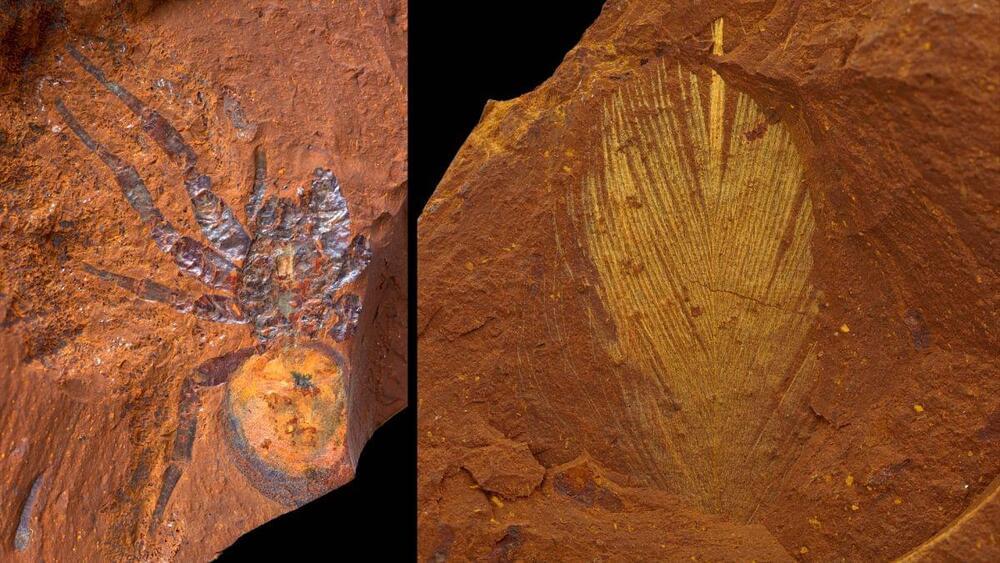
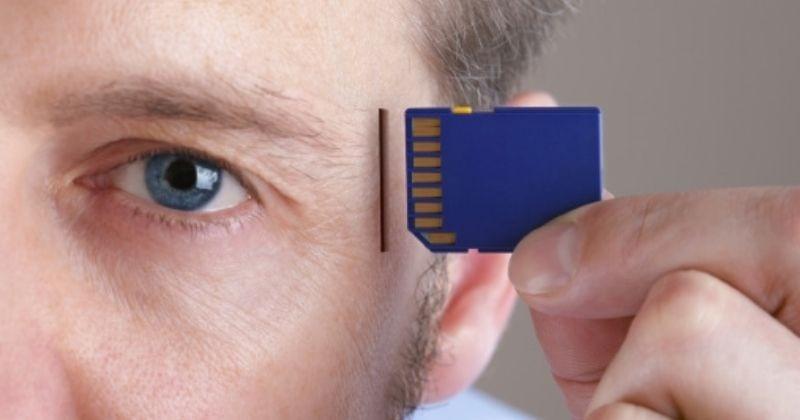
Elon Musk’s Neuralink technology will see its first human implant this year. If you’re excited to see how Musk’s brain chip will work on humans, we might find out very soon.
The brain-interface tech company was founded by Elon Musk in 2016 and its chip will finally be implanted into a human brain this year. In 2021, the implant was seen in action in a monkey who played MindPong. The monkey was able to play the game by simply thinking it, with help from Neuralink chip.
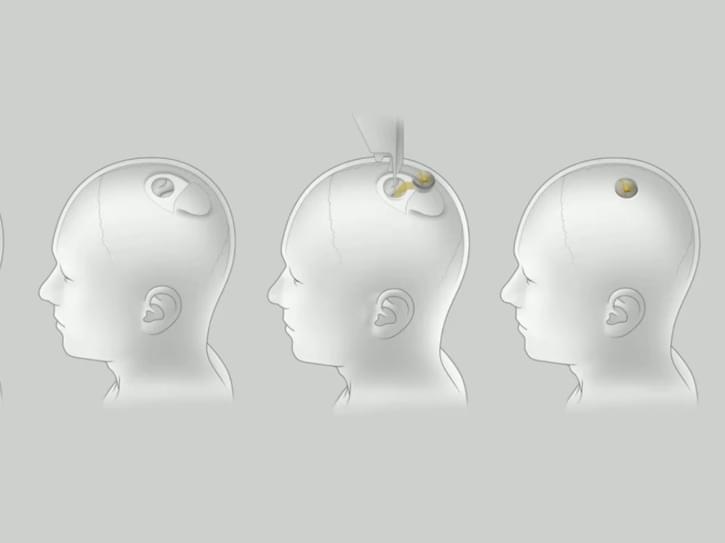
Elon Musk, Neuralink Demonstration.